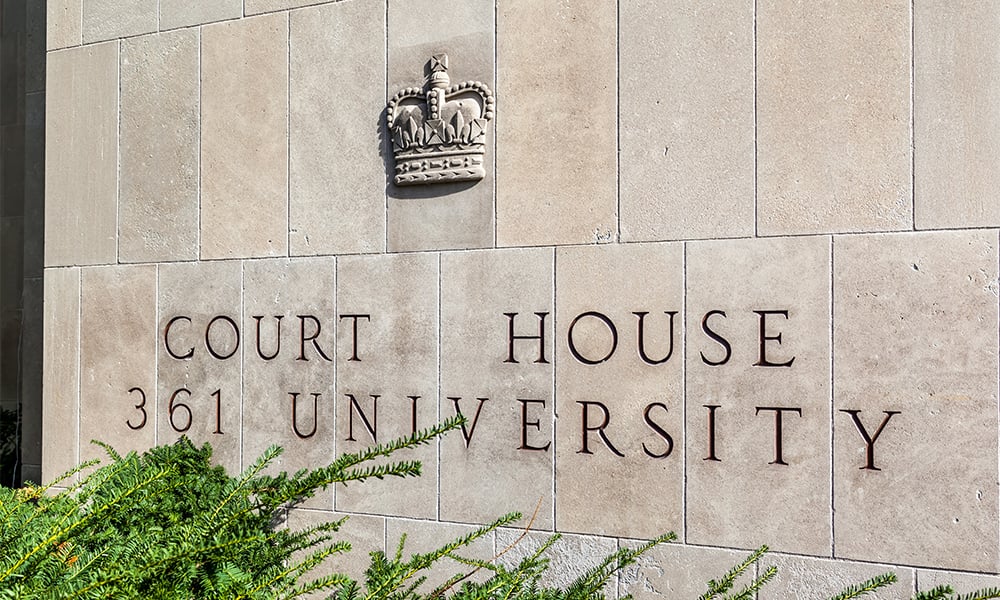
Factors to determine jurisdiction include where the tort happened and where defendant does business

The Ontario Superior Court of Justice has rejected the principle of universal jurisdiction for online defamation claims simply because internet publications may be accessed or downloaded anywhere.
In Sikhs for Justice v. The Republic of India, 2020 ONSC 2628, the plaintiff, an Ontario-incorporated not-for-profit organization, alleged that the Republic of India, alongside India-based media organizations such as ANI Media Private Ltd., conducted a smear campaign against the plaintiff as a response to the plaintiff’s referendum for an independent Sikh nation in Punjab, India.
The plaintiff, which sought damages and a permanent injunction, alleged that the media organizations had published articles containing defamatory words and had disseminated these articles in online forums accessible to Ontario residents, which had damaged its reputation and viability in the province.
Defendant ANI Media moved to dismiss or to permanently stay the action, arguing that the Ontario court neither has jurisdiction over the subject matter nor is the convenient forum for the action.
Justice Jessica Kimmel, writing for the Superior Court, first considered whether there is a presumptive connection between the claim and the province. One factor, as indicated in Club Resorts Ltd. v. Van Breda, 2012 SCC 17, is the location of the commission of the alleged defamation.
The plaintiff cited Haaretz.com v. Goldhar, 2018 SCC 28, which states that the “situs of Internet-based defamation is the place where the defamatory statements are read, accessed or downloaded by the third-party.” The plaintiff thus contended that establishing a presumptive connection factor is “virtually automatic” in online defamation cases.
The plaintiff alleged that thousands of people in Ontario had read the defamatory statements and presented evidence that an employee and a volunteer had accessed and downloaded the ANI Media article in Ontario. The employee stated that volunteers had reached out to express their concerns about the article and had cancelled their donations.
The court found that while it may be argued that Ontario is the location of the alleged defamation, the presumptive connection is not overwhelming. There is limited admissible evidence of the article being accessed and downloaded in Ontario, but the evidence relating to the donors and to its damaged reputation is hearsay and therefore inadmissible.
Another factor in establishing a presumptive connection is whether the defendant carries on business in Ontario. While ANI Media has Canadian viewers on its YouTube channel and has an informal rebroadcasting arrangement with an Ontario-based television channel, the court said that these activities do not specifically target Ontario residents and do not amount to an established commerce in Ontario.
The court then addressed whether the defendant had rebutted any presumptive connection. The court said that it was neither fair nor reasonable to expect ANI Media to answer the claims of an alleged defamation campaign that involves parties who are absent, including the Republic of India, which is immune from judgment in Ontario, and other media organizations, which were not named as defendants. Therefore, the connection between the plaintiff’s claims and the Ontario court is remote.
The court thus granted the defendant’s motion and dismissed the action based on lack of jurisdiction.